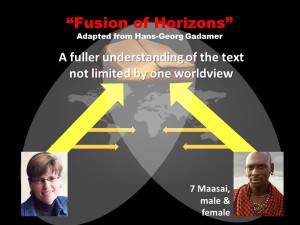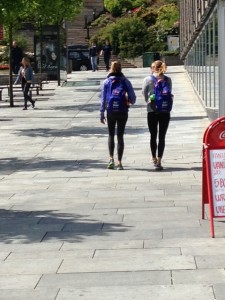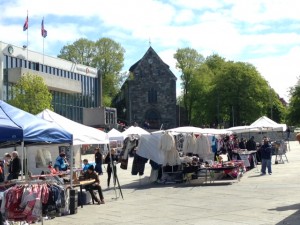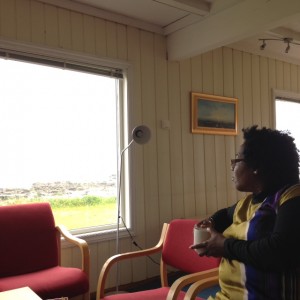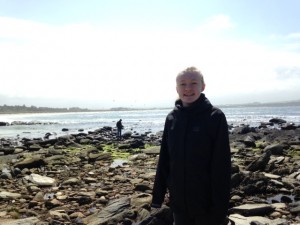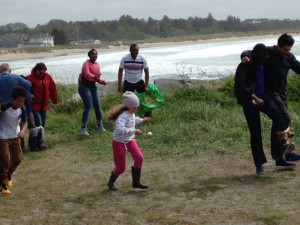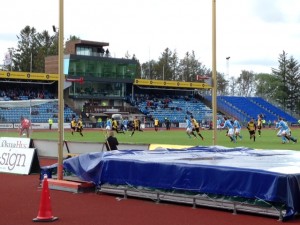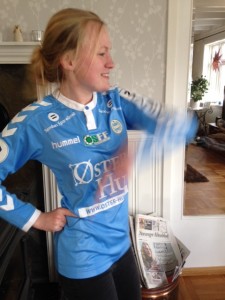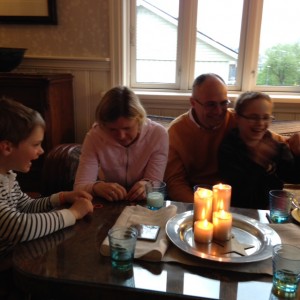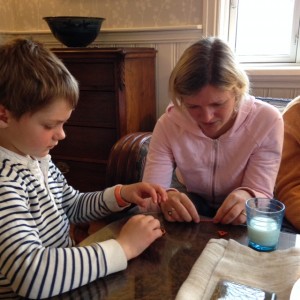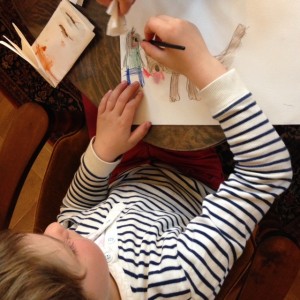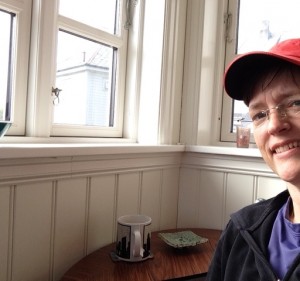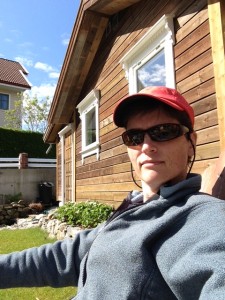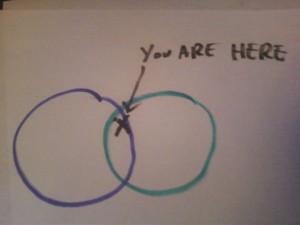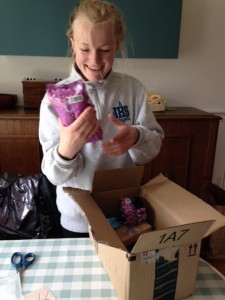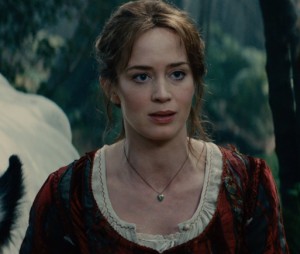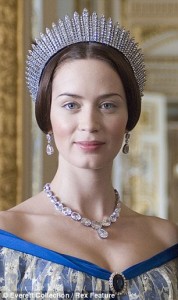Anya asked to come with me to MHS to observe a PhD defense. Well, as there is noting critical at school for her today, and this is the last defense while we are here (my 3rd to observe), she would be able to catch a glimpse of what I’m in for in the future.
We took the bus to the Stavanger center, where the 7-11 is right across the street. They have a good business in pastries, especially with a sale going on for 10 kroner for any pastry. My chocolate croissant was tasted better at $1.30 instead of $2.60 (when I don’t splurge)!
The PhD defense of Amador Israel Cavedes Mandujano was attended by about 30 people.
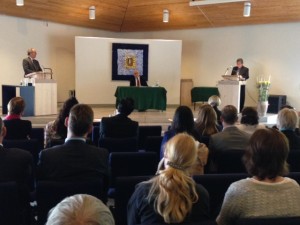
This missiological project researched the factors for the unprecedented growth from about 125 members in the early 1970s to over 40,000 members of the Christian Missionary Alliance church in Lima, Peru. In addition, there is a great diversity of social status and cultural backgrounds represented, typically not seen in other Protestant churches in Latin America. He identified 14 aspects in three general categories, but I didn’t take notes.
This defense was easier to follow than the theological philosophy defense last month. In fact, this was not a very grueling defense at all. After it was over, I jokingly told Knut that I think I want to switch to a missiology program, as it seems easier than biblical studies. I think I received more challenges yesterday in a midway evaluation than this guy did for his final defense today. However, the distinctive difference is that his “opponents” were academics who are closely aligned with both his topic and approach, in order that they can be an informed critic. In contrast, mine weren’t. Let me continue with my cathartic processing…
I awoke at 4 am this morning reflecting upon what would be an analogy for my midway evaluation yesterday. Half awake, I thought it was like my presentation of a modern jazz dance before traditional ballet critics. No matter how good my jazz dance is, it is not good ballet. They are both dance, but very different styles.
However, there is also an ethical dimension, so this dance analogy falls short. The best way to describe it that I can think of would be by describing it as another “socio-pragmatic” approach–a feminist approach. So, let’s say I was presenting a mid-way evaluation for a feminist research project, but my respondents were two white males (actually they were white males), who had little or no exposure to feminist concerns but did all their research in a male-dominated discipline. My feminist critique of male approaches would not be understood at best, and at worst, seen as disrespectful of all the prior male scholarship. They wouldn’t understand that women have different research questions.
So, now with this analogy, substitute male-dominated with Western-Enlightenment-oriented scholarship. And substitute feminist approach with inter-cultural approach. Then to realize that I’m not throwing out the Western scholarship, because I’m integrating it–or building bridges of understanding across cultures. I eagerly integrate the Western scholarship in my work; I’m not throwing out the baby with the bath water. However, I was described as calling Western scholarship “crap.” But why do I draw upon it then? The same guy said that these traditional scholars are not offensive, he even mentioned a dead German scholar, Julius Wellhausen. However, it is well known that Wellhausen was anti-Semetic! I was wondering yesterday if I should mention this in my short time for clarification, but I didn’t. Now I really wish I had said it!
Moreover, my dissertation draft and brief presentation yesterday identified that traditional scholarship was marginalizing or “othering” other voices that didn’t match with the sensibilities of Enlightenment-oriented Western scholarship. Ironically, I feel that is exactly what they did to me. If it were two traditional men and me with a feminist approach, at least there would be some politically-correct dancing around my argument. But they didn’t see that they ended up doing exactly what I was critiquing!
However, there still are valid points they make, and one clear one is that I have to convince them. So, I am more attuned to how traditionalists will receive my work, and I need to find a way to earn the opportunity to be heard and communicate in ways they can hear it.
So, off to a good night of sleep after this catharsis.
With blessings,
Beth
